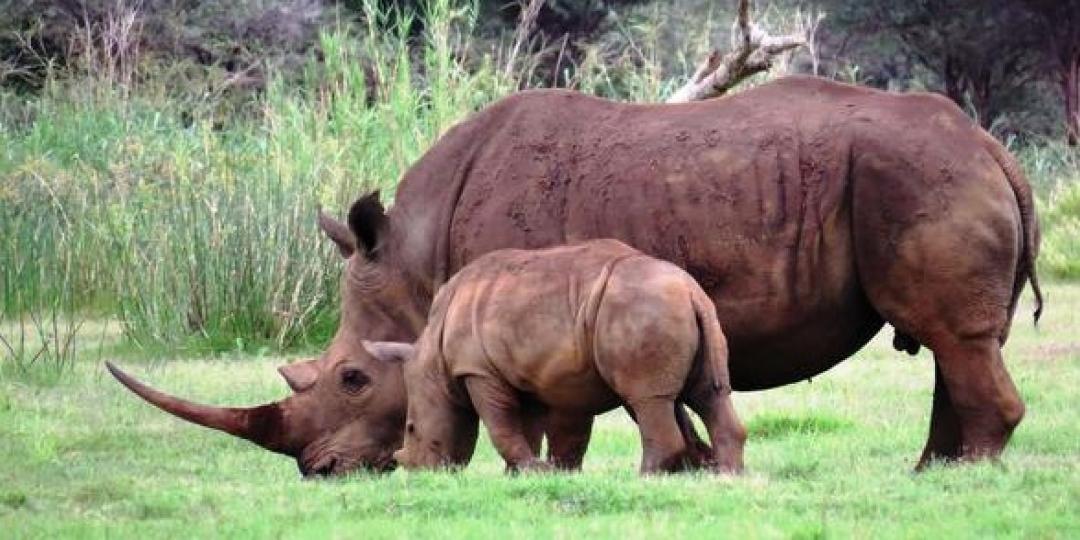Transnet Freight Rail (TFR) has confirmed that a speed restriction is in place for heavy-haul trains transiting through public and privately owned nature conservation areas in northern KwaZulu Natal.
This has emerged from questions sent to the rail freight division of South Africa’s logistics utility after a spate of collisions with locomotives killed six impalas, eight buffaloes, a wildebeest and two White rhinos last week.
In another incident, a giraffe had to be put down after one of its legs was mangled.
A spokesperson for Pongola Game Reserve (PGR), Kemp Landman, is on record saying that the trains are breaking the speed limit by travelling at about 70 kilometres per hour.
He said the agreement TFR had with nature conservationists was to travel at a maximum of 40kph, as it was easier to stop for wildlife when travelling through the two parks south of South Africa’s border with Eswatini.
Following last week’s collisions in PGR and the adjacent Phongolo Nature Reserve, a TFR spokesperson told Netwerk24 he couldn’t find any proof of the speed-restriction arrangement.
This has since been officially refuted.
TFR’s Commercial Chief, Bonginkosi Mabaso, has said: “A speed restriction of 40 km per hour is in place for the area in question.
“It was agreed to with all relevant stakeholders in the game reserves. Signs are in place to alert our drivers. Also, our drivers are aware of the speed restriction and why it is in place.”
Regarding investigating its drivers for last week’s incidents, Mabaso added: “As in all accidents on the rail network this matter will be investigated and, more especially, focus on whether or not the speed restriction was indeed adhered to.
“Our drivers are fully appraised of the need for the speed restrictions.”
Commenting on the incident in which the rhinos were struck, Mabaso described it as a “sad and unfortunate incident”.
“We have established that the train was approaching the Golela line that runs through PGR on Thursday, August 17, when the driver noticed four rhinos crossing the railway line and in close proximity of the train.”
Mabaso said the driver tried to warn the rhinos by blowing the loco’s hooter.
“But given the proximity of the animals to the train, there was a collision with all four rhinos. Two were injured and two died.”
TFR pointed out that all animals had not been struck on the same day as sources previously reported.
It appears that the collisions were spread over 48 hours and involved about three trains carrying coal from Mpumalanga through Eswatini on the line to the Port of Richards Bay.
Tourism Update was told by one of its readers that wildlife-loco collisions in the reserves have been going on for years.
“I have personally witnessed the speeding trains here. I am all for increasing train freight and reducing road freight, preserving human life and the road infrastructure, but not at the expense of wildlife.
“These wildlife deaths can and need to be avoided by adhering to speed limits set in the reserves. Sadly, I do not think any of us expect Transnet to care or act. Perhaps the Endangered Wildlife Trust can put pressure on them.”
























